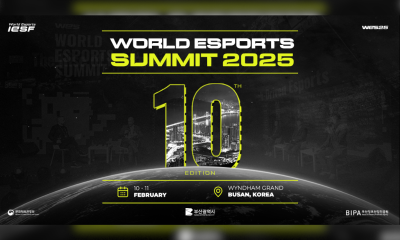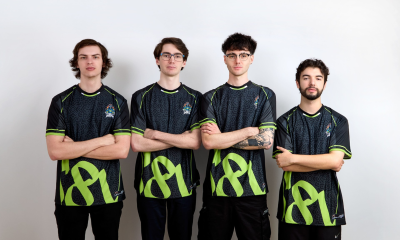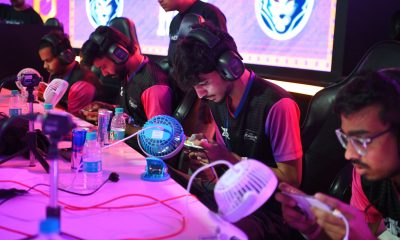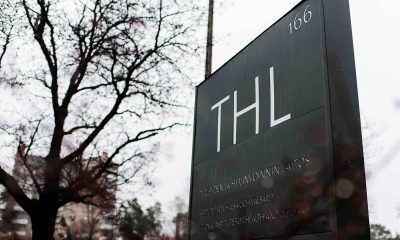Asia
Indian Gaming Industry Expresses Concern About Proposed Online Gaming Bill

The real money gaming (RMG) industry has been thrown into unprecedented turmoil after the Union Cabinet approved The Promotion and Regulation of Online Gaming Bill, 2025. The proposed legislation seeks to outlaw all forms of pay-to-play online games, covering both games of skill and games of chance. If passed in Parliament, this would effectively ban the operations of legitimate RMG platforms across the country.
Industry stakeholders say the move was taken abruptly and without dialogue. “There was absolutely no consultation with the companies that have built this sector,” one executive said, adding that the decision violates multiple constitutional safeguards and will almost certainly face a legal challenge.
The industry’s pushback comes at a delicate moment. Only last week, on August 12, the Supreme Court bench of Justices J.B. Pardiwala and R. Mahadevan reserved its judgment on petitions concerning the classification of online games of skill and chance. The Court’s ruling was expected to provide clarity on a sector valued at over $3 billion. Instead, the Cabinet’s surprise approval of the bill has left companies reeling.
Industry voices argue that the move disregards the legitimate contributions of RMG platforms to India’s economy. By their estimates, the sector contributes nearly ₹20,000 crore annually to the exchequer through taxes and compliance payments, while directly and indirectly employing more than two lakh people. A blanket ban, they argue, would wipe out this entire ecosystem overnight.
The strongest criticism has come from the government’s failure to control illegal offshore betting firms. Companies like Parimatch, 1xBet and Dafabet continue to operate in India, despite repeated reports of their involvement in money laundering, hawala transactions and illegal gambling.
“Instead of cracking down on these notorious offshore firms, the government is choosing to penalize Indian companies that follow rules, pay taxes, and create jobs. This flawed approach not only risks shutting down a legitimate industry but also allows the black market to thrive unchecked,” said an industry representative.
Industry insiders caution that if the bill becomes law, Indian users may simply shift to unregulated foreign platforms, further draining revenue away from the country and undermining consumer protections.
The government, however, has defended its proposal by highlighting the social costs of online money gaming. The draft note accompanying the bill points to the “immersive and addictive nature” of pay-to-play platforms, warning that monetary incentives have triggered rising cases of anxiety, depression and behavioural problems among young users.
Citing clinical studies, the note claims prolonged gaming has worsened mental health issues, particularly among children and adolescents. The draft further warns of financial risks, with many players suffering losses that have, in some cases, led to suicides.
“These platforms employ predatory tactics—loot boxes, microtransactions, and reward systems—that exploit psychological triggers to encourage overspending. Such practices create cycles of debt and vulnerability,” the note says.
Despite acknowledging concerns about addiction and financial harm, industry groups insist that prohibition is the wrong path. They argue that a balanced regulatory framework—similar to models adopted in advanced markets—would provide consumer safeguards without dismantling the sector.
“Banning regulated RMG firms while letting offshore betting companies operate unchecked will only worsen the problem. The government should be working with us to build safeguards, not pushing us out,” said a gaming association leader.
The post Indian Gaming Industry Expresses Concern About Proposed Online Gaming Bill appeared first on European Gaming Industry News.
Asia
World Esports Summit Celebrates Its 10th Edition in Busan
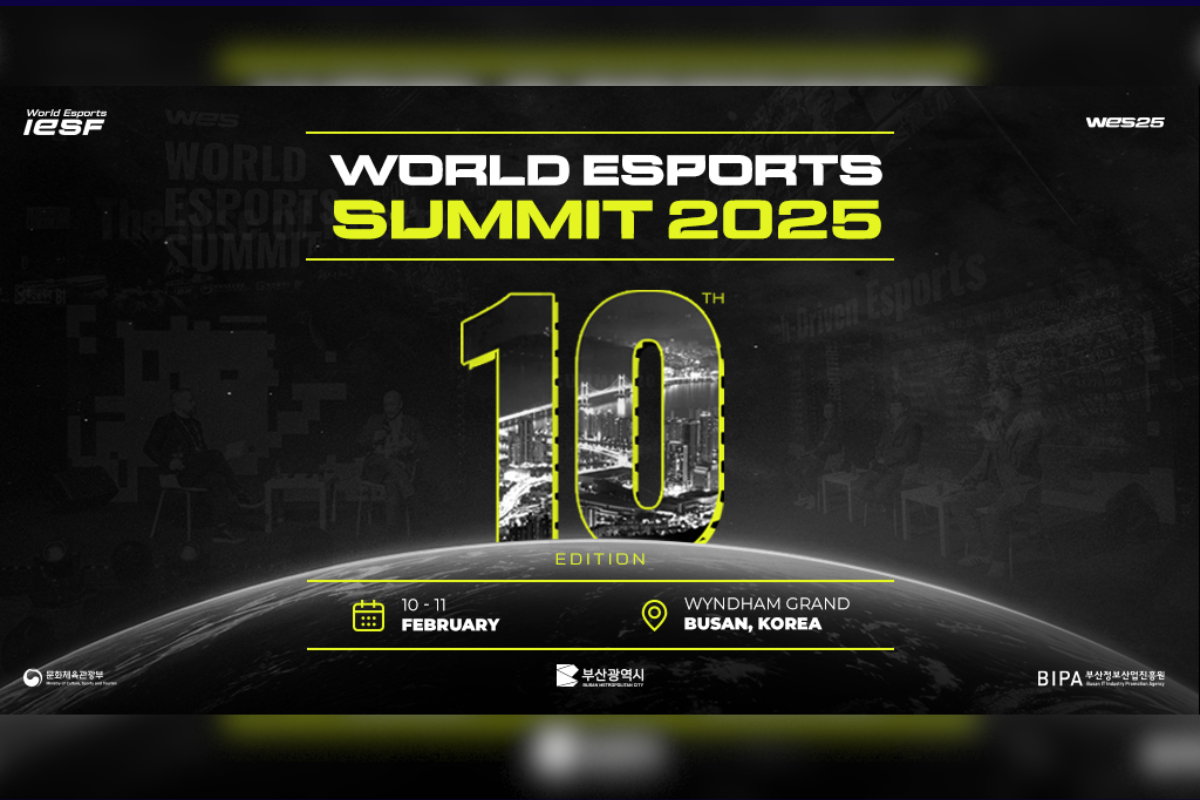
The World Esports Summit returns to Busan, South Korea, for its 10th edition, taking place on 10–11 February 2025.
Hosted at the Wyndham Grand Busan, the Summit will bring together 40+ speakers from the international esports ecosystem, including representatives from federations, publishers, global brands, sports organizations, technology companies, and public institutions.
Over the past decade, the World Esports Summit has provided a platform for dialogue and cooperation among stakeholders shaping the world of esports. The 2025 edition will continue this role, offering space for discussion on current developments, industry challenges, and future directions.
The Summit will feature contributions from a wide range of organizations, including Alibaba, FIBA, FIFAe, Tencent, Moonton, NetEase, FIA, Sportradar, EFG, Good Game, Telekom, among others.
Across two days, participants will take part in keynote sessions and panel discussions addressing topics such as esports governance, international collaboration, industry development, integrity, and the continued convergence of esports and traditional sports.
Further information on the program, speakers, and registration is available on the official World Esports Summit website.
The post World Esports Summit Celebrates Its 10th Edition in Busan appeared first on Eastern European Gaming | Global iGaming & Tech Intelligence Hub.
Asia
Insurgence Gaming Company Expands Grassroots Vision with MOBA Legends 5v5 Discord Play-Ins

Following the launch of its inaugural women-focused VALORANT tournament La Imperia, the Insurgence Gaming Company has announced its second competitive initiative, MOBA Legends 5v5 Discord Play-Ins, a series of open community tournaments created to make organised competition more accessible to emerging players.
While La Imperia introduced a visibility-led invitational format, the MOBA Legends 5v5 Discord Play-Ins take a different approach. The series is built around open participation and will be hosted entirely online, with all tournament operations managed through Discord. This allows teams from across India to compete in a structured setting without the restrictions often associated with invite-only events.
The Play-Ins are designed as a starting point for players and teams who want to experience organised competition. Matches will be played in a 5v5 MOBA Draft Pick format, with scheduling, match reporting, and communication handled through dedicated Discord channels.
The announcement continues Insurgence Gaming Company’s early focus on grassroots esports. The company was created to address gaps in India’s competitive ecosystem, particularly at the amateur and semi-professional level where consistent tournament opportunities are still limited.
Speaking on the launch, Jasper Shabin, Founder of the Insurgence Gaming Company, said: “With La Imperia, we focused on visibility. With the Discord Play-Ins, the focus shifts to access. Competitive players need regular places to play, improve, and test themselves, not just one-off tournaments. MOBA Legends 5v5 is one of the most accessible competitive titles on mobile, which makes it a strong fit for an open, community-driven format.”
Beyond competition, the Discord Play-Ins are also intended to build a sense of continuity. Players will have access to channels dedicated to match coordination, tournament updates, and post-game discussion, helping teams stay connected beyond a single tournament run.
With the MOBA Legends 5v5 Discord Play-Ins, the Insurgence Gaming Company continues to shape its identity around community-first formats, pairing visibility-led initiatives like La Imperia with open competitive pathways that support long-term grassroots growth in Indian esports.
The post Insurgence Gaming Company Expands Grassroots Vision with MOBA Legends 5v5 Discord Play-Ins appeared first on Eastern European Gaming | Global iGaming & Tech Intelligence Hub.
ALGS 2026 Championship
S8UL Esports secures historic top five finish at ALGS 2026 Championship; bags INR 1 crore in prize money
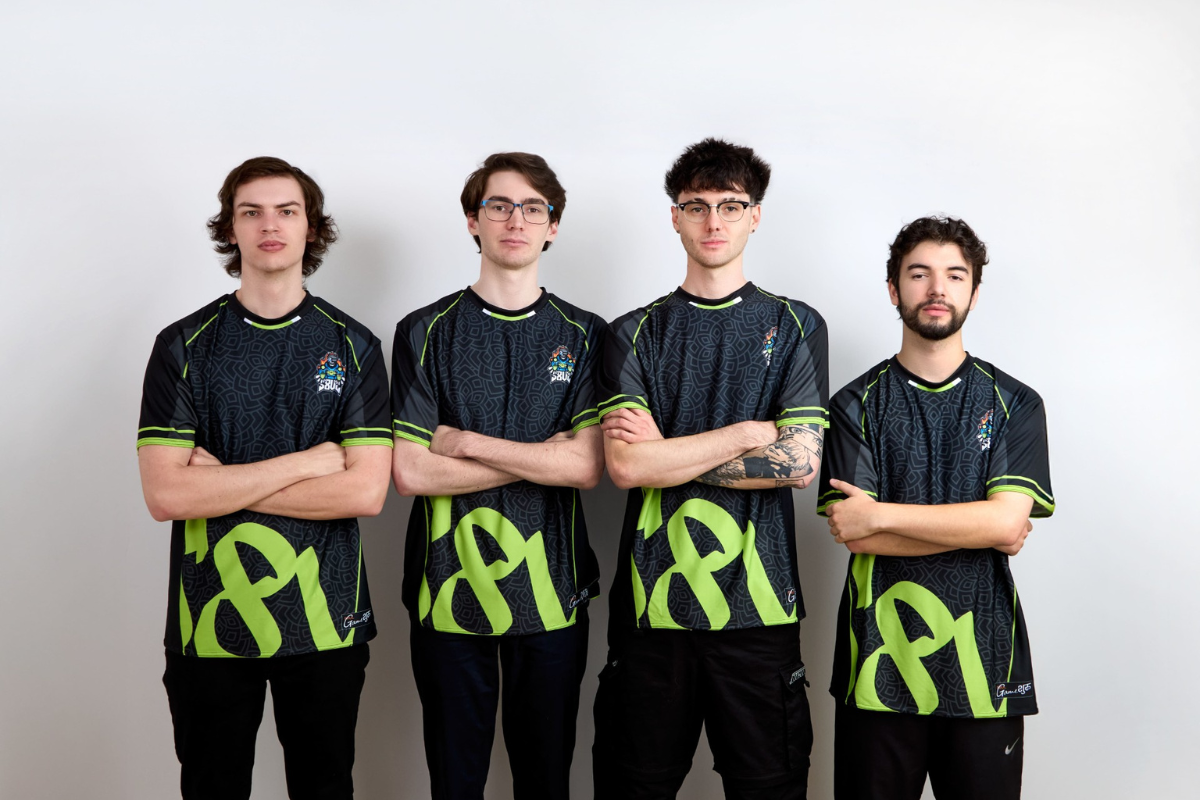
S8UL Esports, a global powerhouse in esports and gaming content, delivered a landmark performance by finishing among the top five teams globally at the Apex Legends Global Series (ALGS) 2026 Championship, held in Sapporo, Japan from January 15 to 18. This result represents the best ever finish by an Indian organization on the Apex Legends global stage, setting a new benchmark for Indian esports at the highest level of international competition.
The ALGS 2026 Championship, the crowning event of the Apex Legends competitive calendar, brought together 40 of the world’s most consistent and high-performing teams from the year-long global circuit. S8UL’s all-Australian roster featuring Rick Wirth (Sharky), Benjamin Spaseski (Jesko), and Tom Canty (Legacy), led by head coach Harrison Rogers (Rogers), delivered a standout campaign and emerged as the only South Asian team to secure a Top 5 finish at the premier international Apex Legends event. The team earned USD 120,000 (approximately INR 1 crore) from the tournament’s USD 2,000,000 (approximately INR 18.14 crore) total prize pool.
Commenting on the achievement, Animesh Agarwal, Co-founder and CEO, S8UL, said, “Over the years, we have built one of India’s strongest gaming creator ecosystems and a solid foundation in content. In the last 18 months, we have deliberately expanded our focus to global esports investments across multiple titles, and performances like this validate that vision. Our ambition is to compete and win at the highest level worldwide. We are investing deeply, assembling world-class international rosters, and representing S8UL on the global stage from India. A top five finish at ALGS is a major milestone, and it marks only the beginning of what we believe will be a very strong future for S8UL in esports.”
S8UL began their campaign in Group B, navigating a demanding round-robin stage where all 40 teams were divided into four groups of 10. The team’s consistent performances saw them finish among the top 20 teams, earning a spot in the Winners Bracket and keeping them firmly in title contention.
From there, S8UL qualified for the Grand Finals, where the remaining 20 teams competed under the high-pressure Match Point Format. Under this system, a team must reach 50 points and then secure a match win to claim the championship, with the remaining teams ranked by total points. Across nine final matches, S8UL accumulated 64 points to finish fifth overall, just one point behind fourth-placed GROW Gaming, underlining how closely contested the championship was.
“The margins at this level are extremely fine, and the team showed tremendous composure throughout the tournament. From the group stage through to the finals, the players displayed adaptability, trust, and resilience. Finishing in the top five globally is a major milestone, and it reinforces our confidence in this roster’s ability to contend for championships in the future,” commented Harrison Rogers, coach of S8UL’s Apex Legends team.
S8UL’s performance at the ALGS 2026 Championship builds on the organisation’s growing presence in international Apex Legends competition. In 2025, S8UL competed at the ALGS Midseason Playoffs as part of the Esports World Cup in Riyadh, where the organisation also became the first Indian team to be selected as a Club Partner for the tournament. With consecutive appearances at Apex Legends’ premier global events, S8UL continues to establish itself as a consistent contender on the world stage and a flagbearer for Indian esports internationally.
The post S8UL Esports secures historic top five finish at ALGS 2026 Championship; bags INR 1 crore in prize money appeared first on Eastern European Gaming | Global iGaming & Tech Intelligence Hub.
-

 Christer Fahlstedt7 days ago
Christer Fahlstedt7 days agoPaf has halved its loss limit since 2018
-

 Aphrodite’s Kiss4 days ago
Aphrodite’s Kiss4 days agoLove on the Reels: Slotland Introduces “Aphrodite’s Kiss”
-

 Latest News6 days ago
Latest News6 days agoWinSpirit’s UnValentine’s Day: A New Take on February Engagement
-

 Bryndís Hrafnkelsdóttir6 days ago
Bryndís Hrafnkelsdóttir6 days agoNOVOVISION Implemented at the University of Iceland Lottery
-

 Denmark5 days ago
Denmark5 days agoRoyalCasino Partners with ScatterKings for Company’s Danish Launch
-

 Amusnet4 days ago
Amusnet4 days agoWeek 7/2026 slot games releases
-

 Finnish Institute for Health and Welfare6 days ago
Finnish Institute for Health and Welfare6 days agoFinland’s Health Authority Launches “2-4-2” Gambling Risk Limits Ahead of Expected Advertising Boom
-

 40 Treasures6 days ago
40 Treasures6 days agoCT Interactive Enters into Partnership with Mozzartbet.rs



